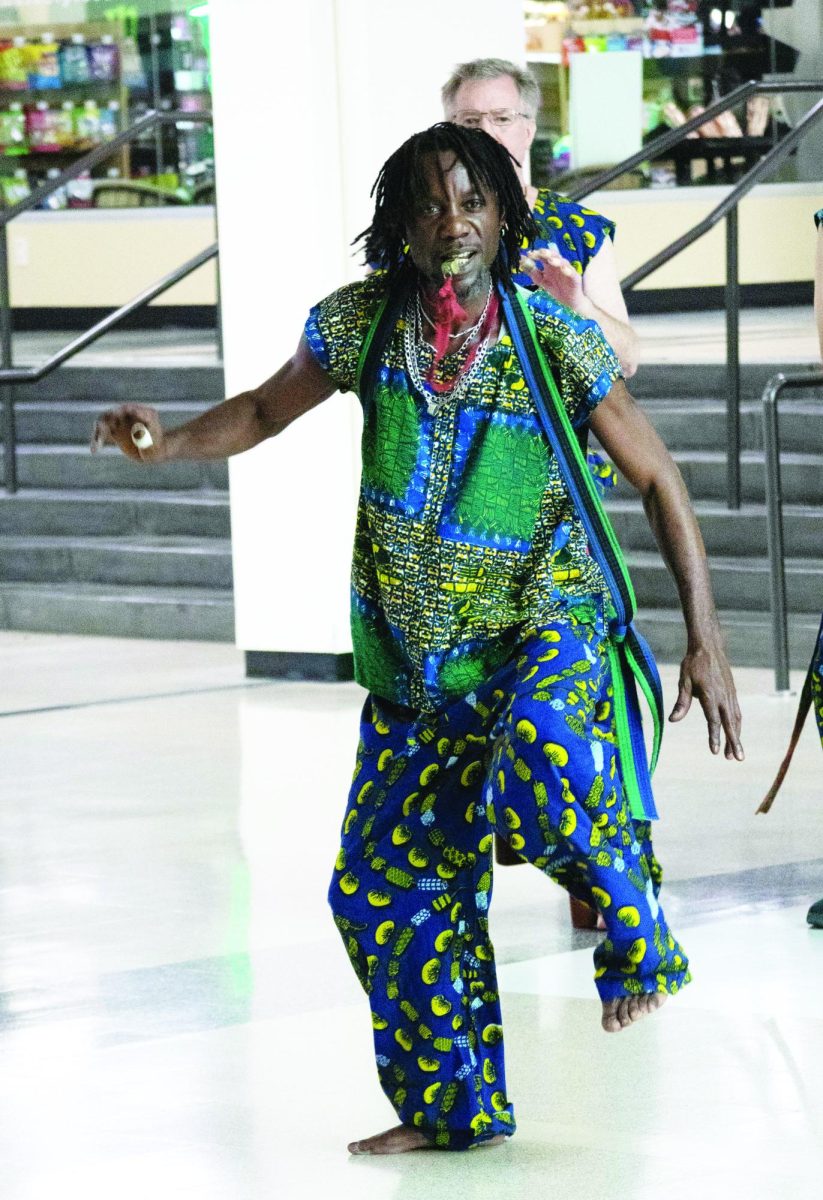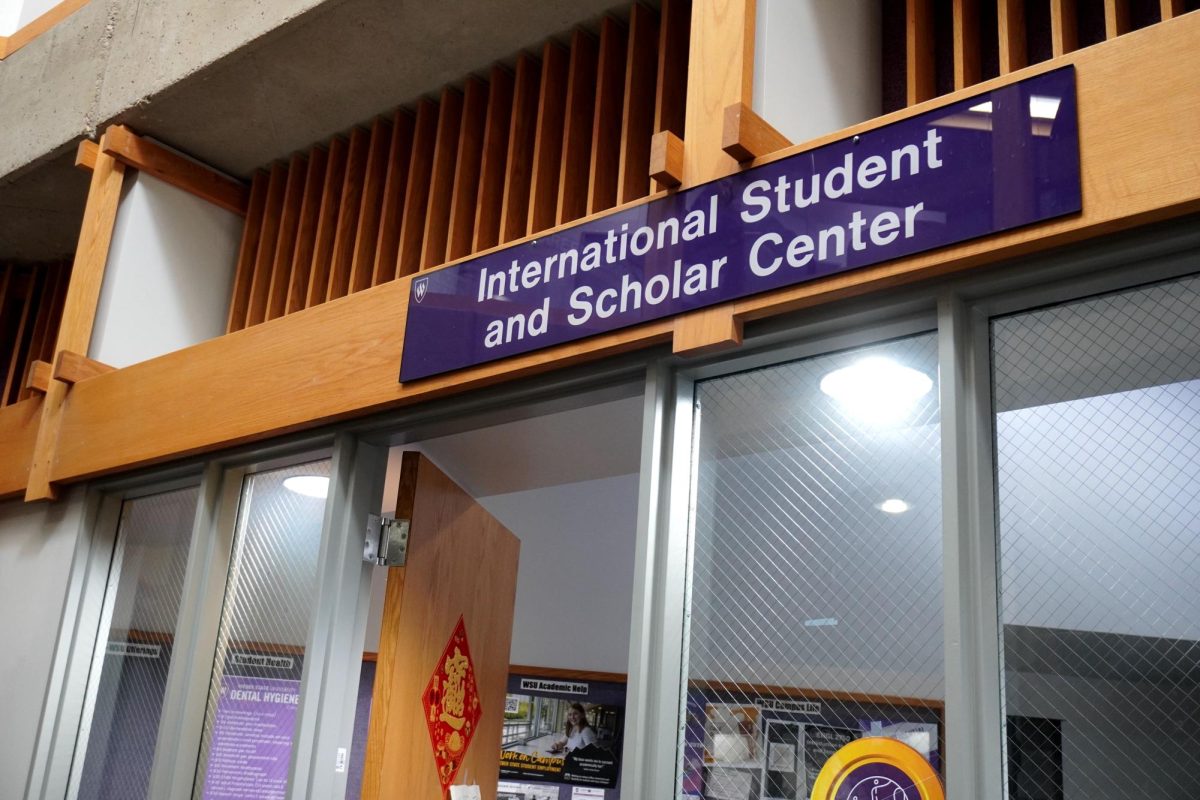New Year’s Day in the western world already feels like a distant memory as two Chinese clubs at Weber State University prepare to celebrate the Chinese version of the holiday.
Chinese New Year celebrates the change of the Chinese zodiac sign, which usually happens in February. In the Chinese homeland, the three-day event is so important that it shuts down most of public life.
With the growth of WSU’s Chinese student population, awareness of the holiday has increased.
“We now have at least eight schools and over 2,000 people who are expected to join this year’s celebration,” said President of the Chinese Language and Culture Club Brooks Anderson.
With the growth in attendance numbers come both increased reputation and organizational difficulties.
“We just cannot offer the long Chinese buffet we used to offer a few years ago because our budget has essentially stayed the same,” Anderson said. Instead of noodles, light refreshments will be available at this year’s event.
“We are reaching out not only to our students, but to the community as a whole,” added club adviser Melissa Pittman.
This year, Utah’s only professional Chinese orchestra will be the main attraction at the Language and Culture Club event.
“It has been very difficult to get them to come, but we have finally managed to arrange their performance,” Pittman said.
The Language and Culture Club will hold its celebration in the Shepherd Union ballrooms on Feb. 20 at 6 p.m. According to Pittman, admission is free, but donations for the club are appreciated.
On Tuesday, at the same time and in the same location, the WSU Chinese Club will also celebrate the new year.
While the Chinese Language and Culture Club consists of mostly Americans with an interest in Chinese culture, the Chinese Club is made up primarily of natives of China, according to Chinese Club director Huilin Wang.
According to Wang, this club is the place to go for students who want an authentic Chinese lifestyle experience. The demand for such an experience seems to be growing rapidly.
For several years now, WSU students who are fluent in Chinese have teamed up with local grade schools to offer language instruction.
According to Asian Studies Program Director Greg Lewis, the number of available and qualified instructors can hardly keep up with the ever-increasing demand.
“For example, at Stewart Elementary School in Centerville, there are now six Chinese teachers, two of whom are WSU graduates,” Lewis said.
He also noted that once these students graduate from high school, some might want to pursue a college degree in Chinese, which is currently not offered at WSU.
According to Pittman, an Associate of Arts degree in Chinese is currently being planned by the WSU Foreign Language Department. However, an exact timeline for the availability of the program has not been released.













